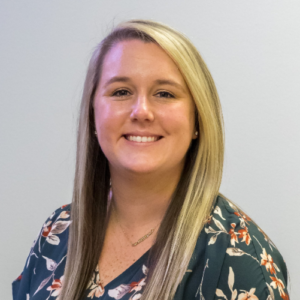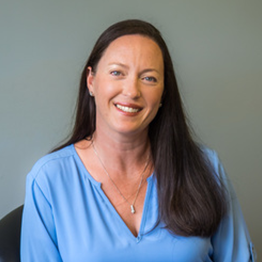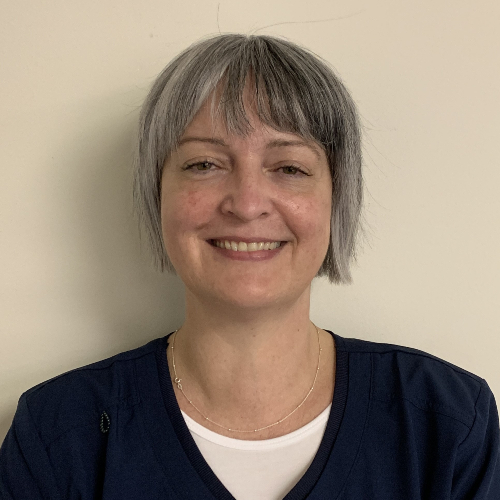We live in an endlessly busy world, and each of us has so many things to keep up with. Here at Innova Primary Care, we want to see all of our patients thrive in their daily lives. We make it our mission to renew healthcare from the inside out, and one way we accomplish this is by educating our patients on the best ways to ensure their health and well-being stay at the forefront of their minds.
If you have been busy lately, and who hasn’t, and perhaps let your health take a backseat to all of your other responsibilities, let this post be the encouragement you need to prioritize yourself by ensuring that you get the essential health screenings you need to stay on top of your health. Let’s look closer at some of these health screenings and when you should put them on your calendar and make them a priority.
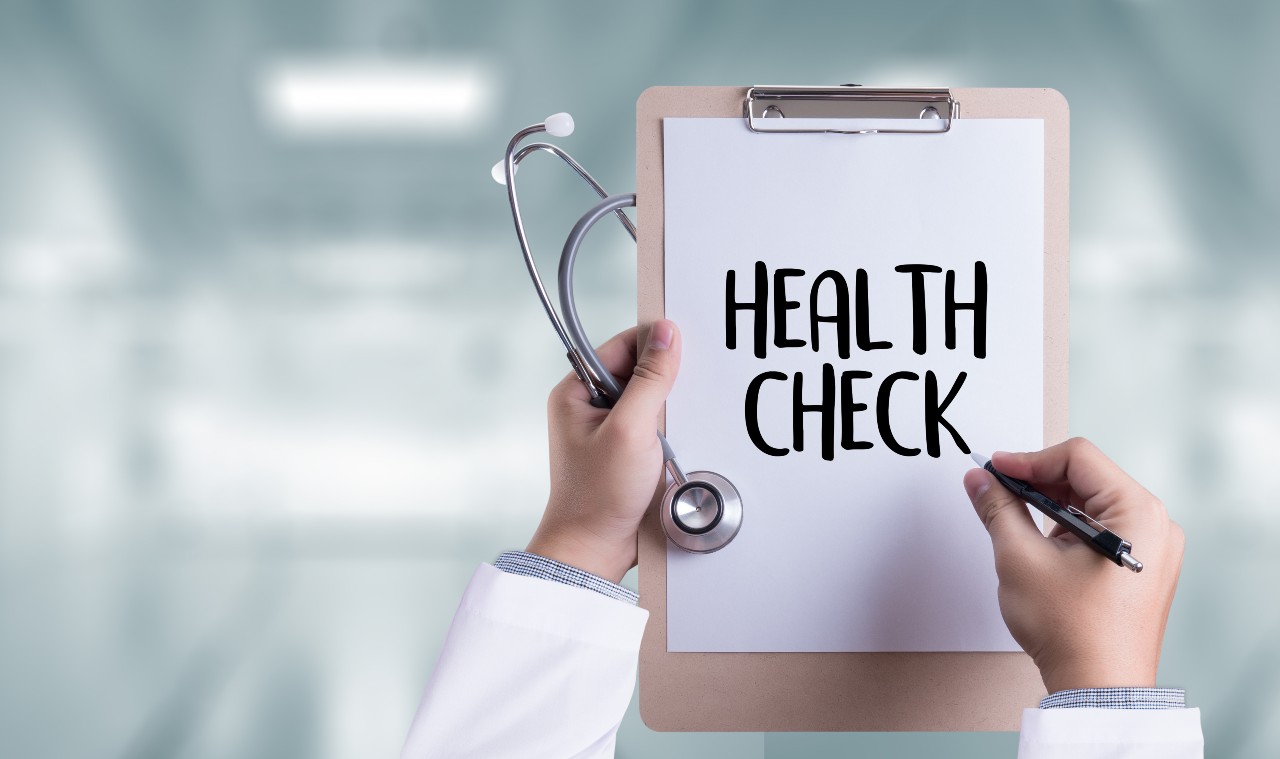
What are essential health screenings?
Essential health screenings are tests that help prevent disease and alert you and your healthcare provider to issues and changes in your health, allowing you to receive the medical care you need.
Your wellness check is vital for essential screenings
Depending on your age, your physician will alert you to the tests that fall into this category.
Generally speaking, essential screenings for most adults begin with your annual wellness check, which you should attend once yearly. This is why you must complete your wellness check.
During your wellness check, your physician will most likely screen you for your cholesterol levels and blood pressure, your blood sugar levels, do a generalized blood test, check your weight and BMI, and ask you about any changes to your health within the last year. This information will allow them to see changes over time and give you a glimpse into your overall health. If something changes in your health, these routine essential checks will help you stay on top of it and give your healthcare provider the ability to refer you to any specialists or for additional screenings to help you get to the bottom of any issues that may arise.
But what are some of the screenings beyond this that you may encounter? Let’s find out.
Vision and skin care screenings
For adults over 18, the American Optometric Association recommends a yearly vision screening, even if you have no changes in your vision. During your eye exam, your provider will check your vision and do screenings to see if there are any changes in the structure of your eye. These tests can alert you to any underlying conditions that may arise, such as glaucoma, macular degeneration, cataracts, and any eye diseases that you may not currently have symptoms for. Also, these tests provide baselines that give your ophthalmologist an idea of your eye health and ensure they catch any changes from year to year.
Yearly skin care checks are also considered essential screenings. Even if you do not live in a sunny area, you can still develop skin cancers and conditions, and it is vital that you get your skin looked over by a dermatologist yearly. The exam is incredibly easy and requires little time on your part. However, it can save your life. Again, your dermatologist will have a baseline from which they can assess your skin and alert you to any changes or issues that need to be taken care of. The Skin Cancer Foundation recommends yearly exams.

Essential screenings by age: 20s and 30s
In addition to standard bloodwork, cholesterol checks, blood sugar checks, and additional testing during your annual wellness exams, women in this age range should begin screening for cervical cancers, start self-breast exams, and engage in screenings for any sexually transmitted diseases.
The American College of Obstetricians and Gynecologists recommends that women in their 20s and 30s have yearly screenings for cervical cancer, such as pap smears, every three years. However, your physician may ask you to have a yearly pap smear, and in this case, why not take advantage of this opportunity to have information?
Monthly self-breast exams are an essential screening, and you can begin these at any age and continue throughout your life. If you have a history of breast cancer in your family or have a genetic profile that suggests you may be at risk, your healthcare provider may recommend yearly mammograms starting within this age range. Keep an open and honest dialogue with your healthcare provider so that they can help you determine when to begin having mammograms.
Men in this age range should begin and maintain their yearly wellness visits and screenings and also speak with their physicians about testicular health and screen for any sexually transmitted diseases.
Essential screenings by age: 40s and 50s
Health screenings for this age group continue to involve blood pressure and blood sugar screenings, BMI and body weight, and generalized bloodwork but now involve more pointed testing and screening.
For women without a history of breast cancer or who are at high risk, the United States Preventive Services Task Force recommends yearly mammograms beginning at the age of 40—additionally, continued pap smears and screening for STDs. Depending upon health history, screening for bone density and osteoporosis is also recommended during this age range.
Men in this age range should continue with their annual wellness checks and screenings involved in each visit and add to it screenings for prostate cancer.
The CDC recommends colorectal cancer screenings beginning at age 45 for both men and women.
Essential screenings: 60s and beyond
Now is no time to slack off on any of the essential health screenings listed above. Seniors should continue with their annual wellness checks and colorectal cancer screenings, along with vision and skin checks. Women need to ensure they continue to have pelvic exams and mammograms, and men should not forego prostate exams and screenings.
The key to good health in our older years is to stay on top of any concerns and bring them to the attention of your healthcare provider.
Your health is our mission
Innova Primary Care knows you have so much to take care of daily. However, you must prioritize your health to be at the top of your game. Knowing when to screen and what to be on the lookout for will help you stay as healthy as possible and catch any concerns early.
If you need help discerning the next steps in your health journey, please do not hesitate to contact our offices. We want to see you healthy, well, and thriving!



 About
About

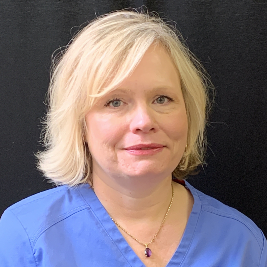 About
About About
About About
About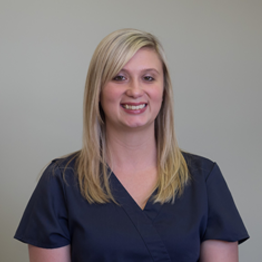
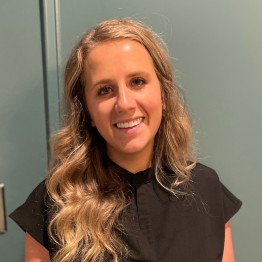 About
About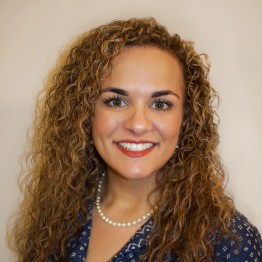 About
About

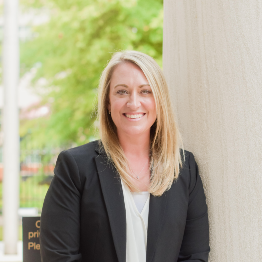 About
About About
About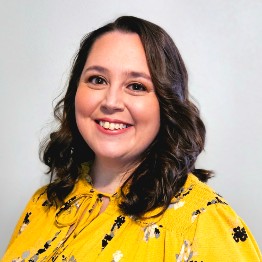 About
About About
About



